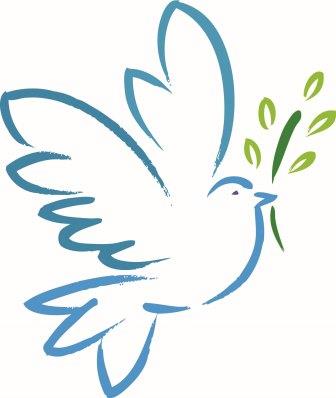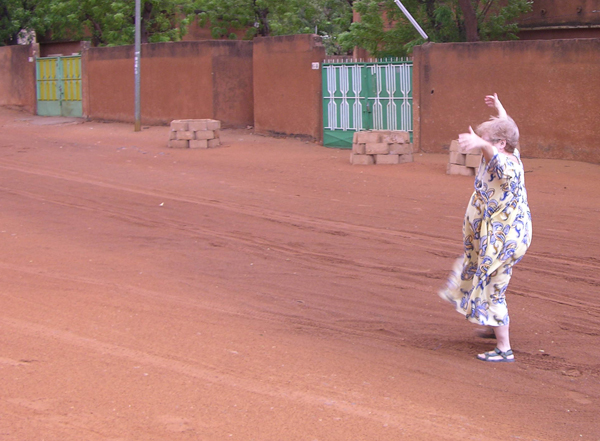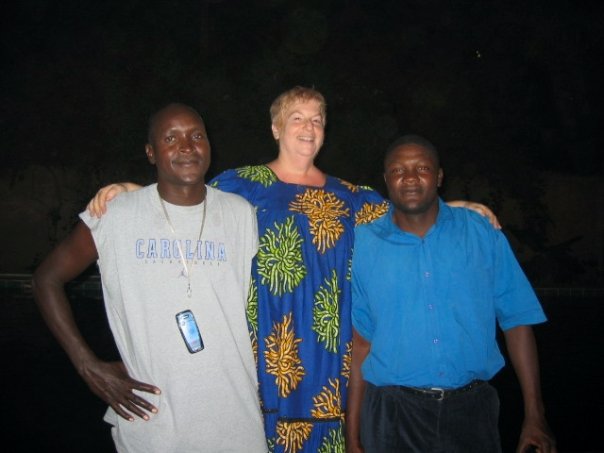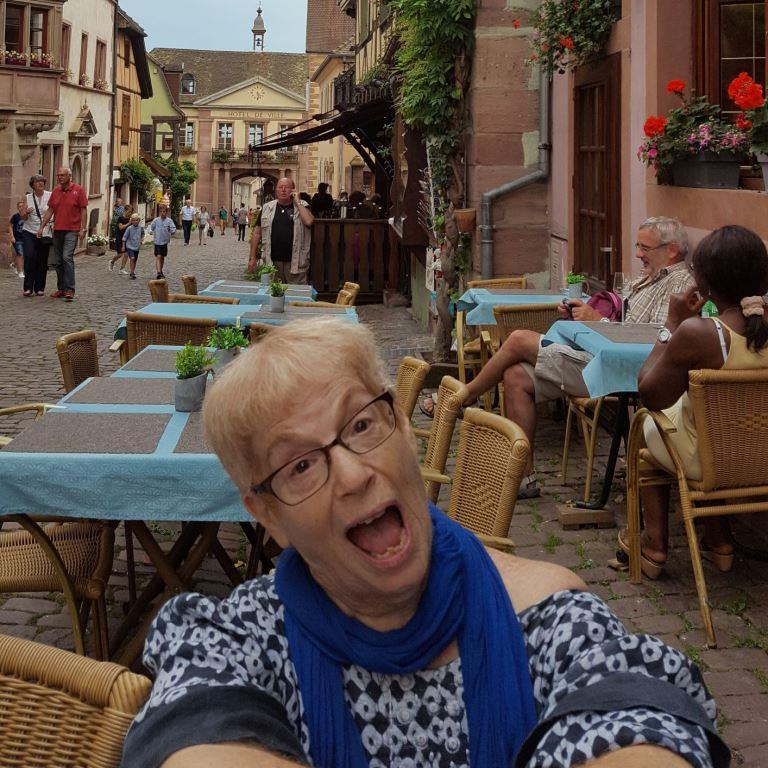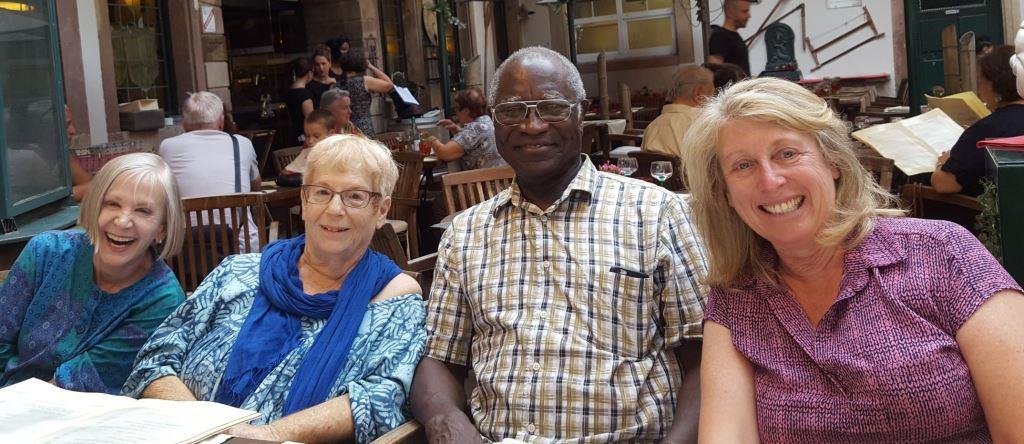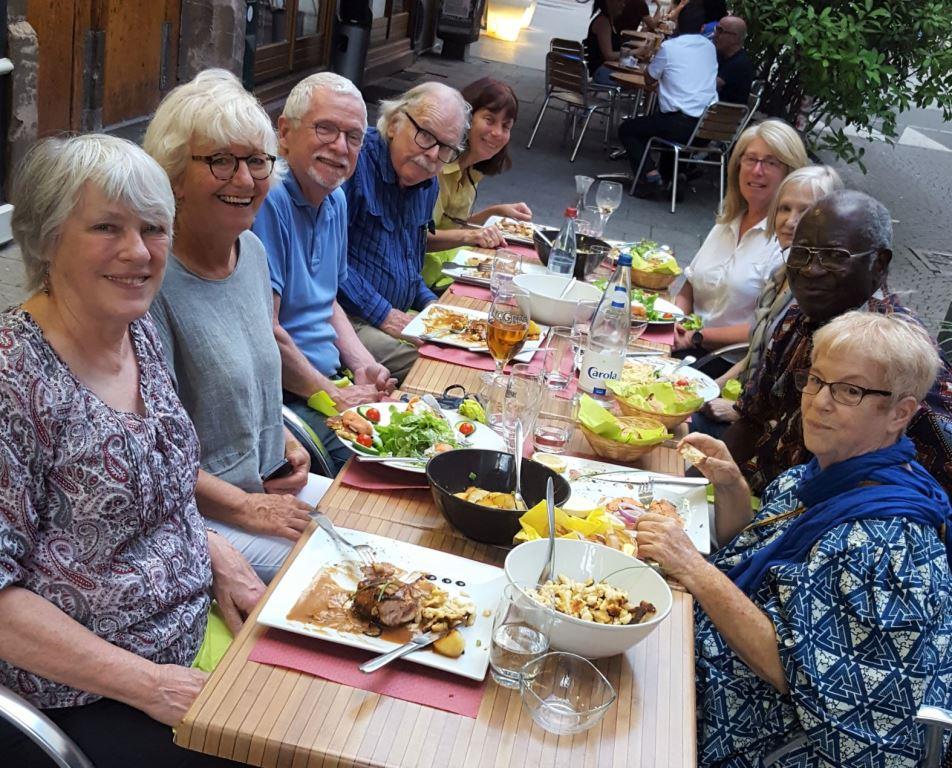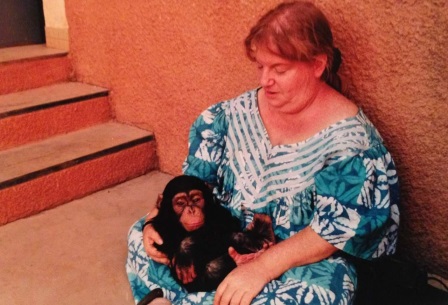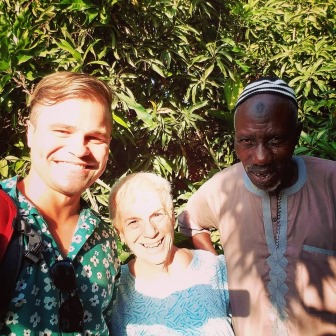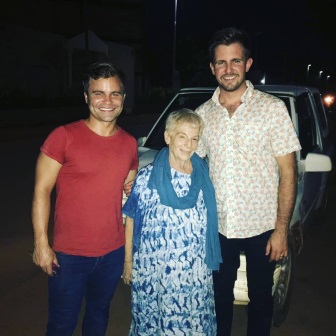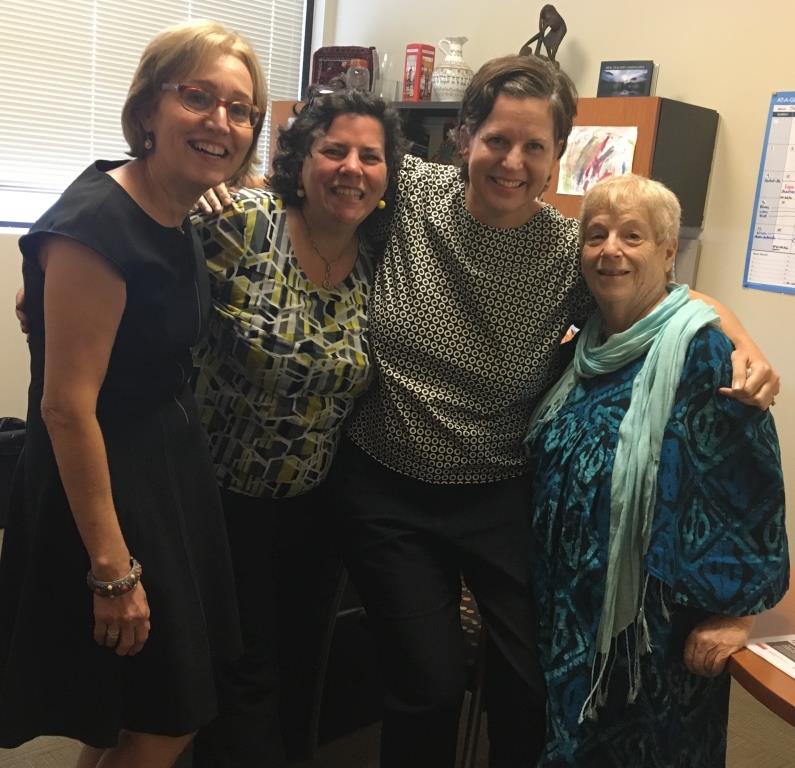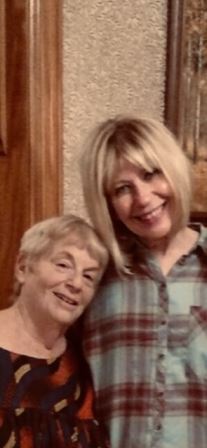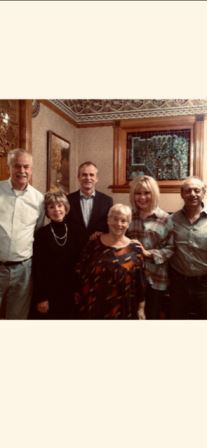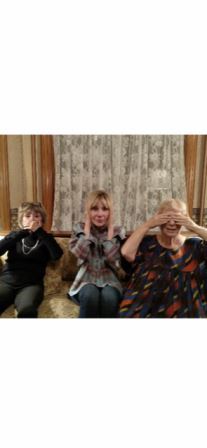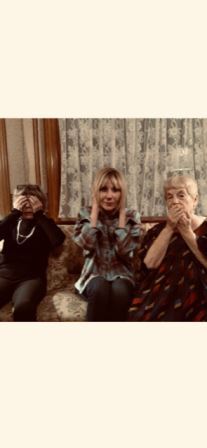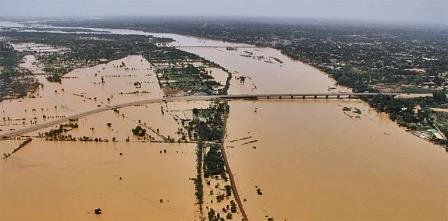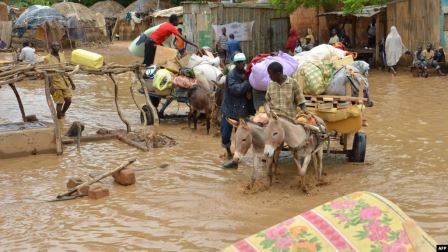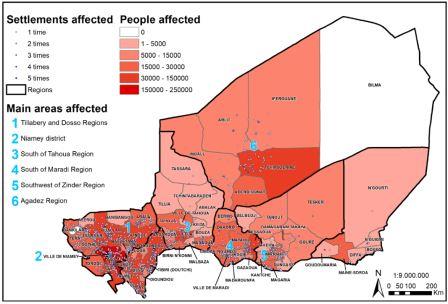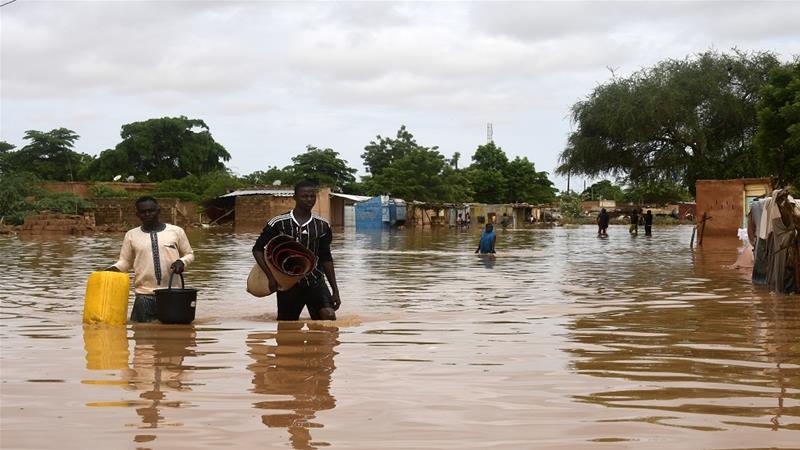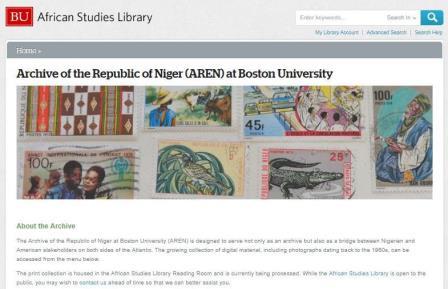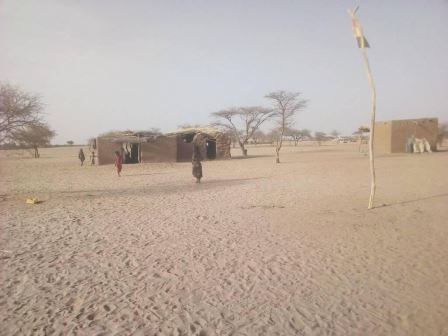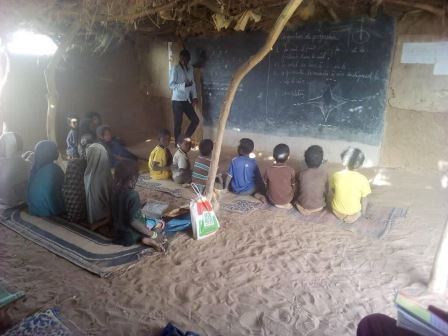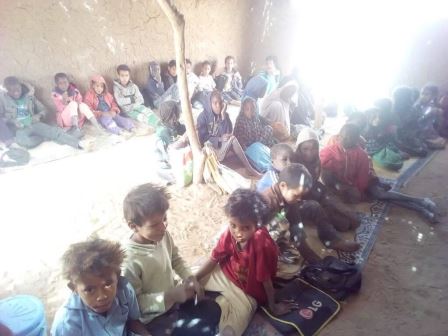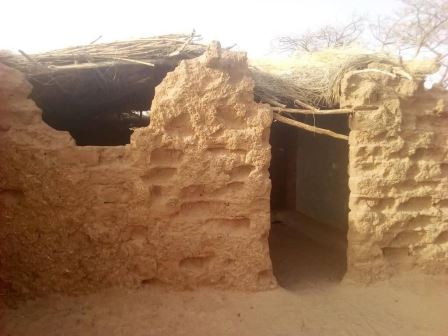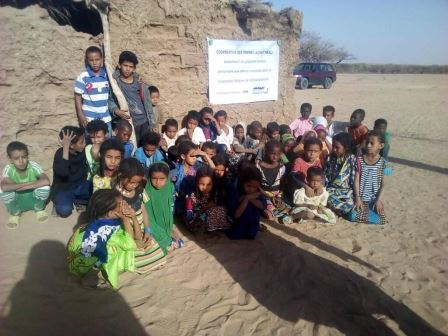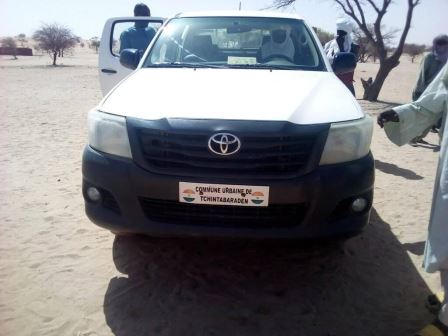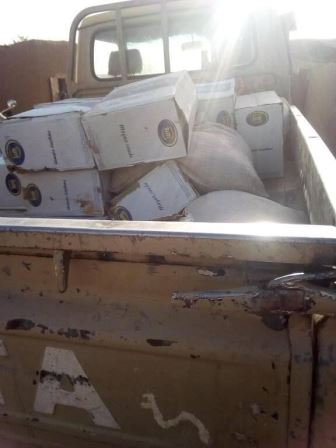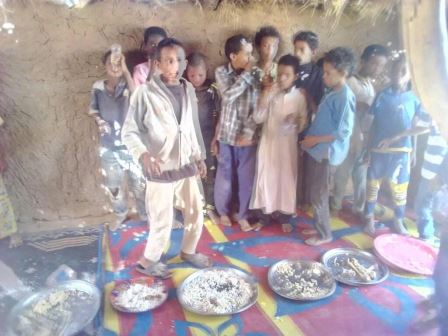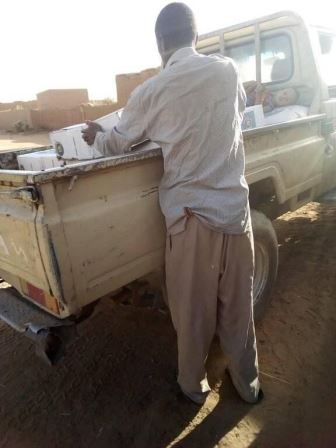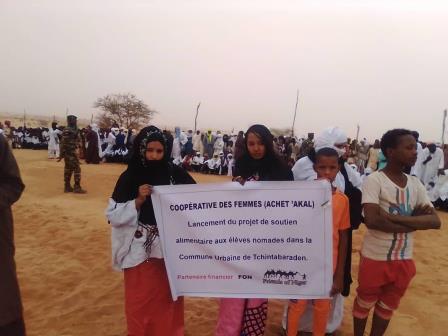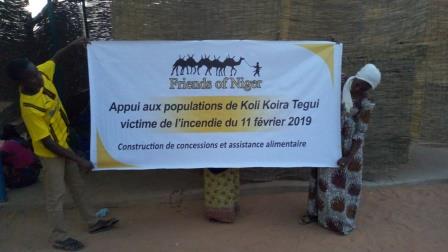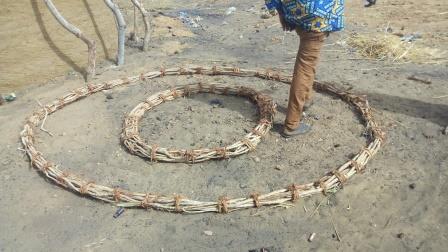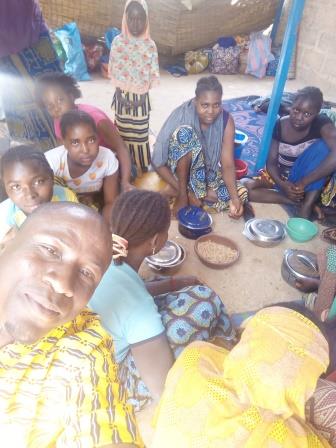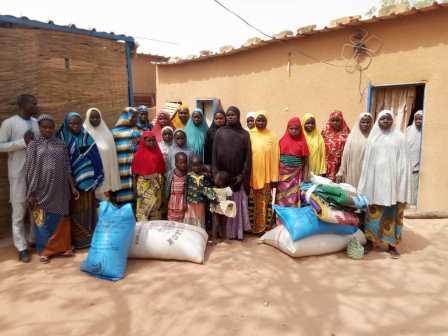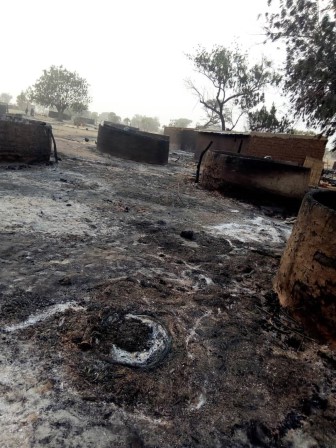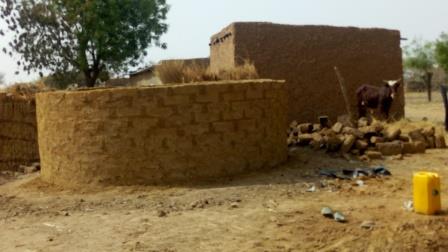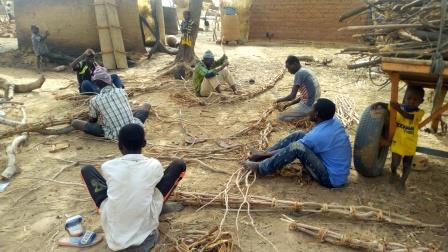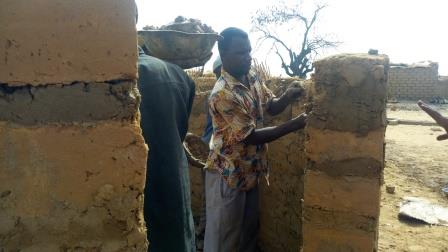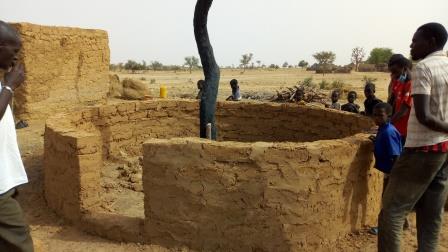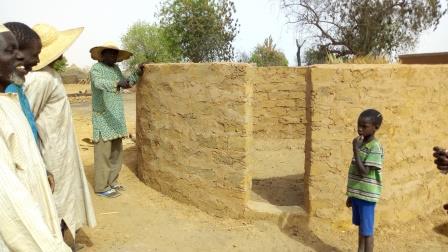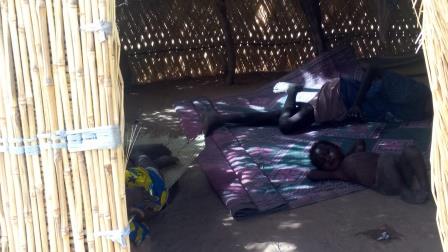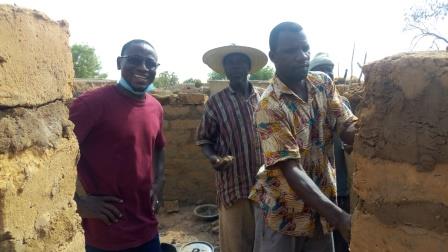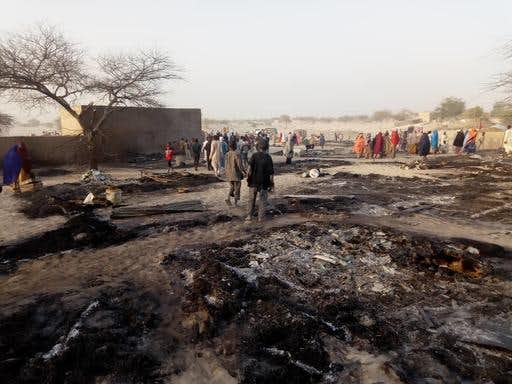We note the passing of Irma Poots, who was affectionately called “Poots” by her Peace Corps cohort in the Zinder region. She was a public health volunteer serving from 64-66 in the Niger III group. Here is a tribute and enjoyable ode to volunteer service by Linda Schulman:
Excerpts from a letter written to the daughter of Irma Poots, (Niger III 64-66 Public Health) from Linda Schulman (64-66) . . . . .
I’m writing to you with my deepest condolences for the loss of your mother, who was a light spirit who buoyed my own on many occasions.
This is what came to mind as I contemplated what her loss meant to me:
When I think of your mother, an image comes to mind and that is of her standing beneath a towering giraffe, puckering her lips as if to let the animal know that she loved him and the giraffe bent its neck down as if to say he shared her affection. This snapshot, and I am sure a photo exists somewhere, was taken shortly after our arrival in Niamey in the early 1960s. I remember thinking that your mother had special powers relating to animals or maybe that people from Iowa might possess special abilities with animals that city folk like me did not have.
As you know Irma, who we affectionately called by her last name, “Poots” and I went on to become Peace Corps roommates in Zinder, the ancient capital of the newly anointed Independent “Republique du Niger”. We were both clueless as we tried to take on the mantel of Peace Corps Volunteer in what was then a truly exotic world to each of us. We might as well have been on the Moon or Mars. But fearlessly, or I should say, undaunted, we sallied forth and tried to perform our PCV duties to the very best of our abilities.
The first thing we did in order to make ourselves part of the neighborhood, so to speak, is to invite both Nigerien neighbors and PCVs residing locally, to a gathering at our home, which featured African “Piment” stew.
I don’t remember what the other ingredients were, but the hot pepper, “piment” is difficult to get out of one’s mind, even all these decades later. I remember everyone left happy and satiated, but with smoke issuing from their nose and ears. Figurative of course, but I recall that even our African neighbors could barely tolerate the spicy heat of our culinary attempt at making new friends and influencing people. All took it in good graces and with no small amount of amusement because we had naively added whole peppers, when only the very tip of one is necessary for making a good, hearty and very spicy African stew. So we blew our first endeavor as Peace Corps volunteers, but managed to save face somehow. Luckily the people with whom we interacted daily, both in our neighborhood or “quartier”, and in at the “Dispensaire” where we dispensed powdered milk to infants and pregnant mothers, thought highly of us, just by virtue of the fact that we were PCVs. More accurately, I would say that they regarded us with admiration for our idealistic efforts, but with no small degree of amusement.
I have many other memories to share with you, like the time we visited the “Sultan” with his colorful entourage dressed in red and green, which stood out from everyone else, who mainly wore white, I presume to mitigate what could only be described as intense African heat. This did not include women, who generally wore colorful “pagnes”, that truly brought out their grace and beauty. Your mother and I wore these on occasion to the amusement of both Nigerien men and women, who clapped their hands in pure delight.
We, of course, felt very elegant, as we attempted not to trip over our long skirts, causing the whole thing to unravel and cause great embarrassment. This never happened, I am happy to say. I do not recall if we wore African attire on this occasion, but I seem to remember that my knees were showing below my hemline, which to African sensibilities is somewhat “risque”.
There were the everyday decisions to make, like whether to paint a room purple or a more mundane color. Surprisingly, we both agreed on purple, with relatively little argument. I think we both thought it was just great, in fact. I remember that others thought we had odd tastes, but we were oblivious. We felt free to be ourselves in this foreign environment no matter what. There was the day that we were each given motor “bicyclettes” and went tearing through the maze-like passageways of Zinder, without a care in the world. There were a few raised eyebrows needless to say.
We were invited to “soirees” at the homes of expats. The French and the Lebanese were our favorite hosts and hostesses. It was my first taste of Lebanese food, which was a melange of both French and middle-eastern fare, that was definitely a palate-pleaser. We lived a life that was both opulent and exciting within a context of severe hardship that was often hard to reconcile. It was bitter sweet, like life, and it was often a bit quixotic and frustrating. Your mother dealt with the latter with a light shrug of her shoulders and arms flung out in semi-amazement as she uttered the time-worn expression: “C’est L’Afrique!”
Weaving all of these memories together, I see your mother’s lovely face shining through and still teaching me how to be humble, light-spirited and earthy all at the same time. I am grateful to have shared these experiences with her and to have known her under these very special circumstances that I still regard as one of the big highlights of my life.
Love, Hadija (Linda)
